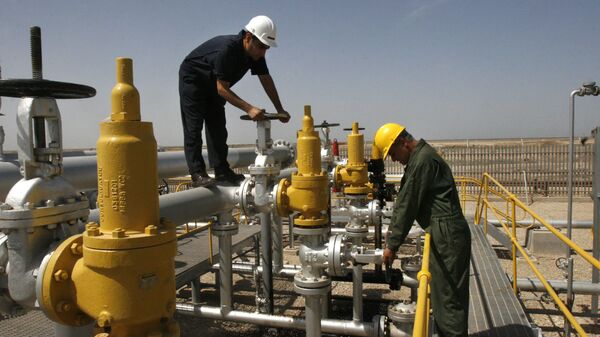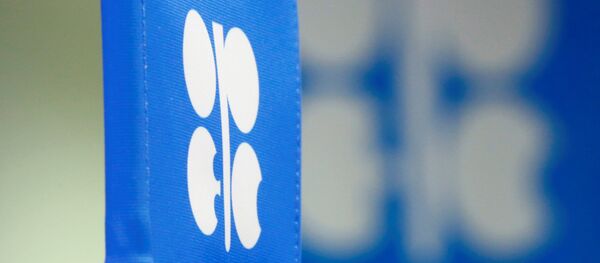"Working in oil industry is like operating at war fronts and we have to preserve our trenches by raising our production capacity as much as we can… The next OPEC [the Organization of the Petroleum Exporting Countries] meeting is near and we will never cease to recapture our quota in the organization," Kardor said, as quoted by the Shana news agency.
On October 28-29, a Meeting of the High-level Committee of the Algiers Accord of OPEC took place in Vienna. The next OPEC technical meeting is expected to take place on November 25-26.
In July 2015, Iran signed an historic nuclear deal with the P5+1 group of mediators, comprising Russia, the United States, China, the United Kingdom, France and Germany. Under the agreement, among other points, Tehran was obliged to cut back its uranium enrichment and decrease the number of centrifuges in the country. In exchange, the West was obliged to gradually lift sanctions imposed on the Islamic republic, enabling the resumption of exports and frozen energy projects.
In 2011, before the sanctions were introduced, Iran exported over 2.6 million barrels per day, and used to produce some 4.3 billion barrels a day. In February, Iran pledged to restore its oil production to the levels seen before the international sanctions were imposed in a couple of years.




